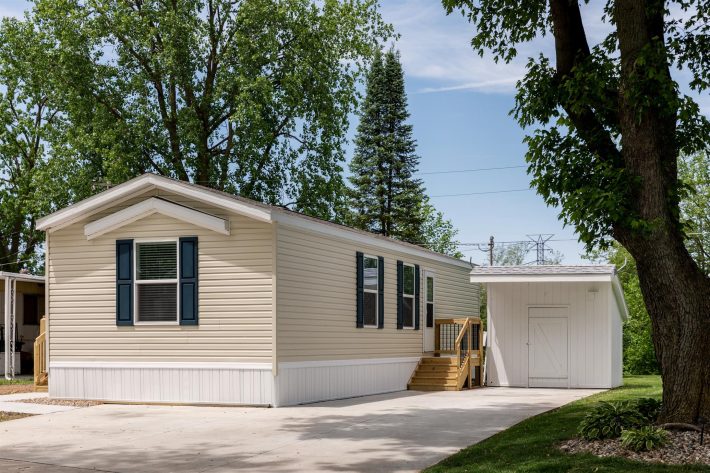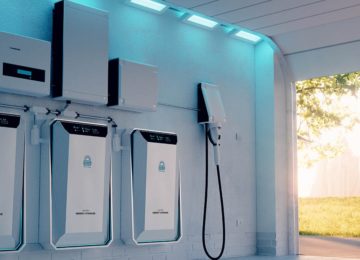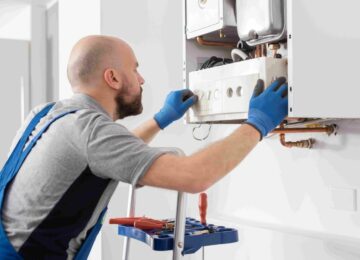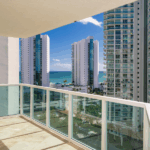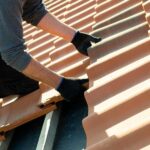Manufactured homes are taking up the mantle of greenhouses more and more as the world is moving in the direction of sustainability. Once an outcast because of similarities to other stigmatized forms, the world of mobile home design is experiencing a revolution of innovation. Both offer a lower cost and an alternative to more ecologically minded individuals.
Energy Efficiency
Their excellent energy efficiency is one of the most intriguing of the eco-friendly benefits offered by manufactured homes. New manufactured homes are constructed to quality standards that are unmatched by traditional builders and factories in climates that introduce far less job-site waste and energy consumption. They are frequently constructed using the best insulation materials, the most efficient windows on the market, and the most cutting-edge HVAC systems that are meant to use the least amount of energy for a set period. Also available are ENERGY STAR-rated appliances and lighting, providing additional energy savings for the home. The best part is that all this focus on energy efficiency contributes not only to lowering your carbon footprint but also creates great savings for homeowners in saving them money on their utility bills.
Eco-Friendly Construction Materials
As per professionals like UMH Properties Inc., manufactured homes are constructed using sustainable building materials, making them a sustainable alternative to other types of homes homeowners can use. Manufacturers employ techniques such as using reclaimed wood, and sustainable resources like recycled steel, hence cutting on new resources. On top of that, the factory-built process eliminates waste. However, in the case of conventional home building, a lot of materials are wasted, especially because of on-site human error and inefficiency. But because in a factory there is a smaller chance that materials cannot be eliminated and incorporated into future projects, the amount of waste is significantly lower.
Reduced Construction Waste
Construction wastes are one of the major environmental issues surrounding traditional homebuilding. Manufactured housing can reduce this problem by a significant degree. In the factored results, maximization of resources is guaranteed because the high level of accuracy—depending on detailed planning—means that advanced machinery can cut the materials to exact specifications. Fewer mistakes are made in controlled environments, and consequently, fewer materials are rejected. Furthermore, leftovers are typically reused or recycled in some other way at the same factory, meaning the approach is zero-waste.
Reduced Carbon Footprint
Typically, manufactured homes have a lower carbon footprint compared to traditional site-built homes. Factory-built construction usually involves fewer trips to the construction site, thereby reducing emissions from transportation. The shorter time required for the entire construction generally leads to a lower amount of energy used overall. For those looking to further reduce their carbon footprint, many offer options to include renewable energy sources, such as solar panels, which can significantly decrease reliance on nonrenewable energy.
Eco-Friendly Living Practices
Manufactured homes can also help promote eco-friendly living because many of them are designed with specifically high efficiency in water usage, accompanied by low-flow faucets, showerheads, and toilets. Homeowners can easily add other sustainable practices, such as rainwater harvesting systems and composting setups. With their affordability, manufactured homes let homeowners invest in other features and technologies that they can use in their sustainable-living endeavors.
It increases with time the growth rate of the manufactured home communities to a sustainable level. Also, these communities mostly are developed with the sharing of resources and amenities; most often they are placed in remote areas with some peculiar features like community gardens, green spaces, and energy-efficient communal facilities. This helps not only to create integration in that community but also helps in resource use maximization and minimizing the environmental impacts at large levels.
In essence, manufactured homes have various beneficial advantages for the environment that are in line with the principles of sustainable living. On top of that is their energy efficiency, sustainability, waste reduction in construction, low carbon footprints from construction, and inherently encouraging further eco-friendly practices, making them a very viable option for green-minded consumers. With the growing need for sustainable housing options, a factory-built domicile has shone as a great option—affordable and green, it sets the pace for a sustainable future in the building industry.

